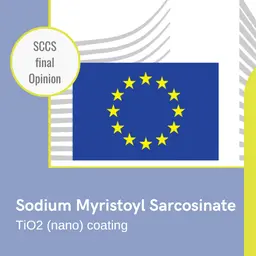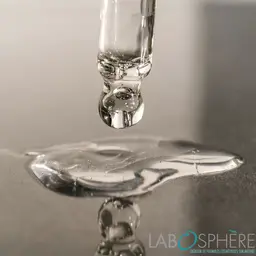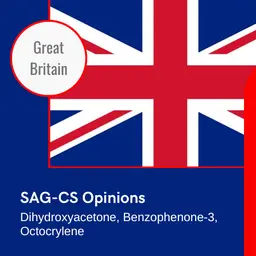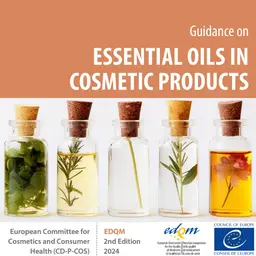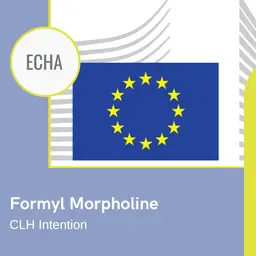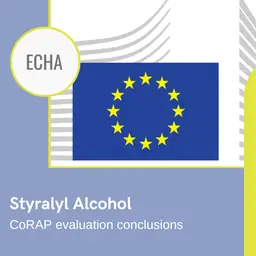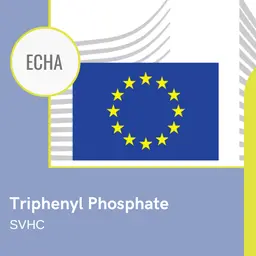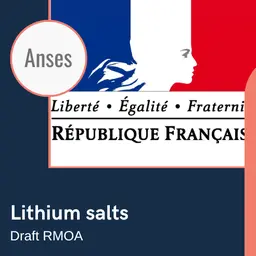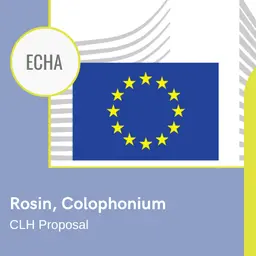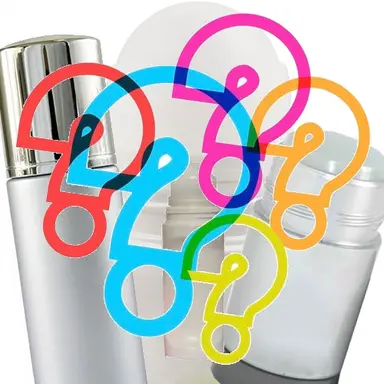
October 2011: the Afssaps completes its risk assessment on the use of aluminium in cosmetic products. And recommends limiting the concentration to 0.6% in antiperspirants. Raising objections from industry and scientific controversy. Is this recommendation relevant? Are the studies on which it is based reliable? And what will be the consequences of this new reference in regulatory texts and cosmetic formulations? Investigation.
“Aluminium? No real risk, but anxiety, and much more among consumers than among health authorities”…
This was what we could hear at a meeting between cosmetics professionals, organised by FEBEA for its members on 20 April 2012.
“Exposure to antiperspirants with concentrations of 20% aluminium hydrochloride does not ensure consumer health safety under normal conditions of use”, says the Afssaps in its report “Risk assessment related to the use of aluminium in productscosmetics”, dated October 2011.
The frame is set.
• The protagonists: Health Authority on one side, Industry on the other
• At the centre of the controversy is an in vitro study of the dermal absorption of aluminium in antiperspirant.
• On the menu of the debates: contradictory scientific arguments and expert battle.
• Issue: the use of aluminium salts in cosmetic products
The context
A little perspective is needed to understand what is the issue today.
The Afssaps evaluation report takes into account numerous studies: toxicity, bone and neurological effects, genotoxicity, carcinogenesis, estimation of the importance of the different sources of exposure, tolerance… all the risk factors mentioned in these 43 pages are duly documented. And none of them provoke any debate.
The subject of …

